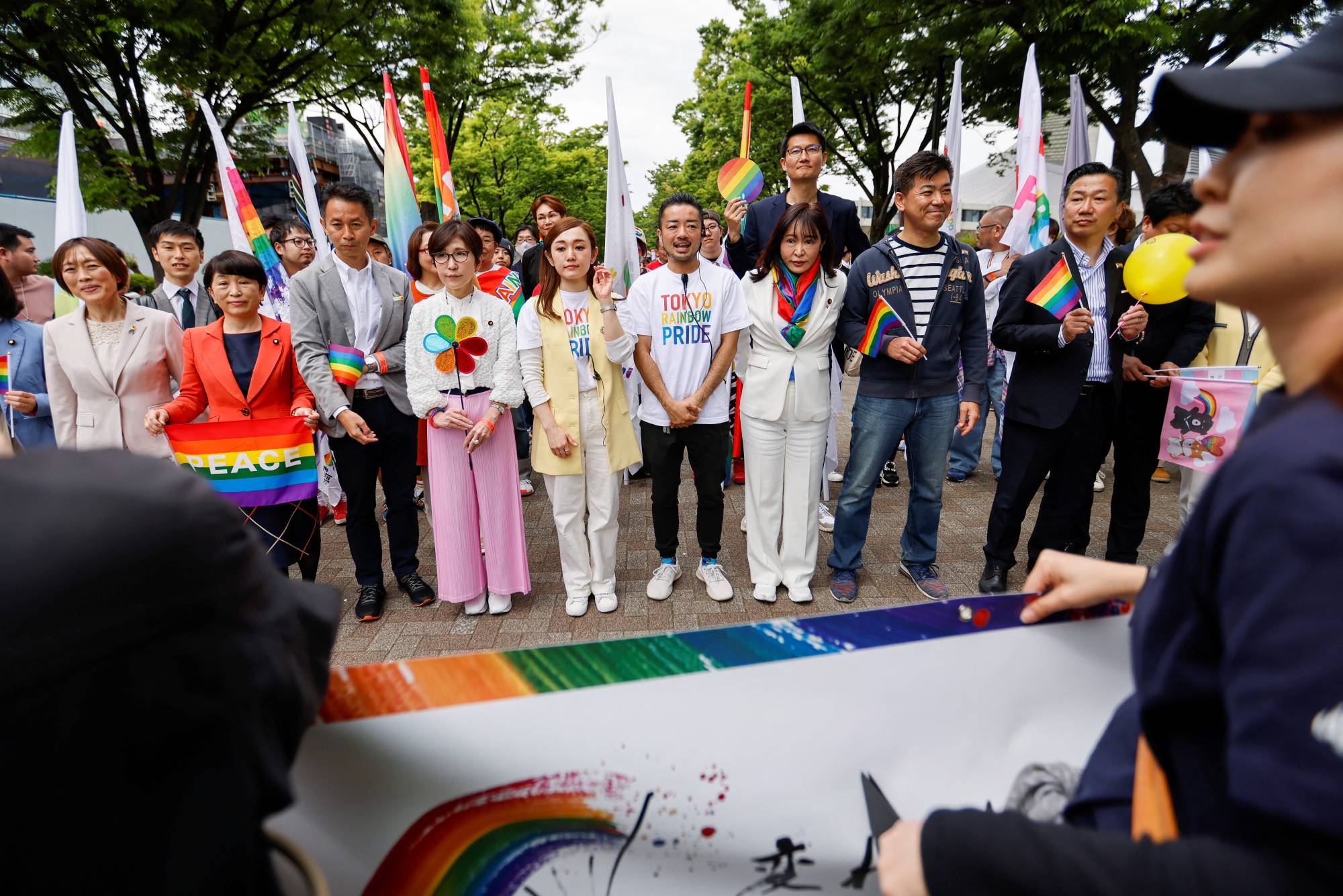The odds are long on the prospect that legislation will be passed that advances LGBTQ rights in Japan.
That is a tragedy for Japanese members of that community who continue to be denied the legal rights and protections that other citizens enjoy. It is something of an embarrassment for the host of this year’s Group of Seven summit, especially after the group’s foreign ministers reaffirmed at their April meeting that they would promote the welfare of sexual minorities.
The failure to make progress on a headline issue is also an important reminder of just how conservative Japan is. For all the hustle and bustle, the constant construction and churn, there is a resilient and enduring core in Japanese society. Of course, it evolves, but it’s invariably more slowly than expected.



















With your current subscription plan you can comment on stories. However, before writing your first comment, please create a display name in the Profile section of your subscriber account page.